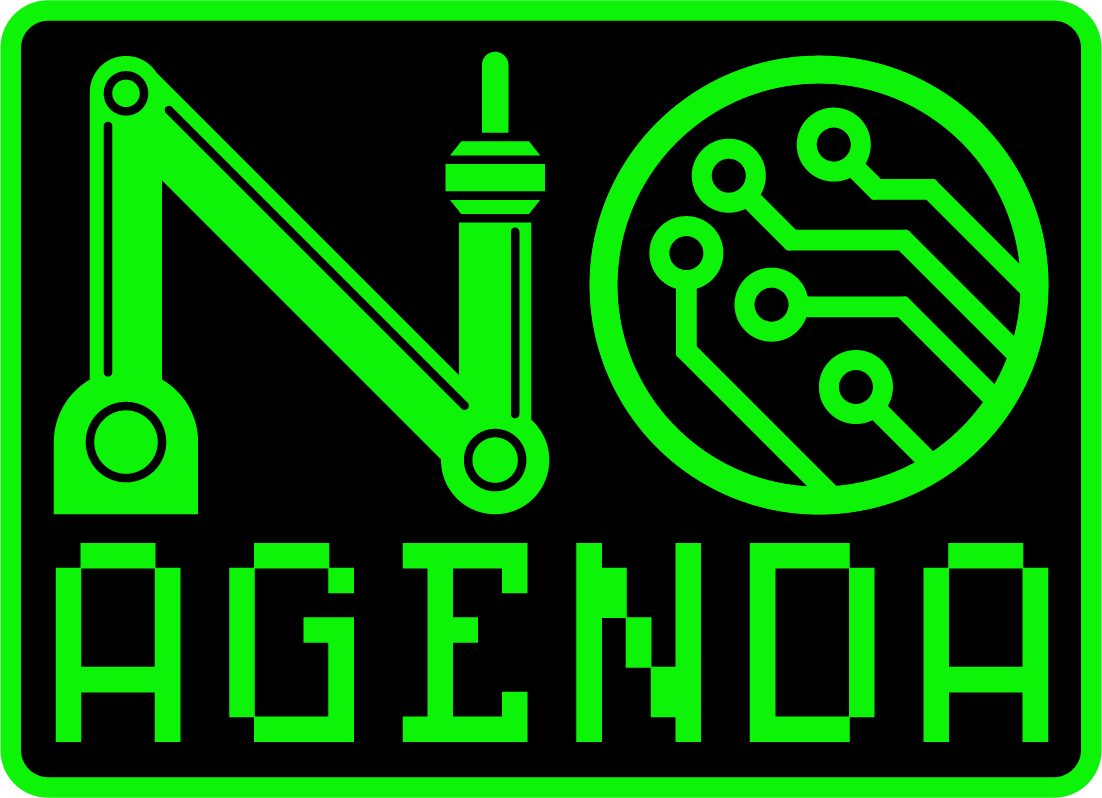| Some years ago researchers conducted a week-long experiment at a semiconductor factory. Workers were promised one of three things if they could assemble a certain number of chips per day: A cash bonus of approximately $30 A voucher for a free pizza A complimentary text message of “Well done!” from the boss A fourth group, serving as the control, received nothing. Interestingly, pizza was the top motivator on day one–increasing productivity by 6.7 percent over the control group. Cash only motivated a 4.9 percent increase…and actually resulted in a 6.5 percent drop in productivity for the week overall. But you know what was the biggest motivator? It was the compliment. William James said: The deepest principle in human nature is the craving to be appreciated.” He didn’t speak, mind you, of the “wish” or the “desire” or the “longing” to be appreciated. He said the “craving” to be appreciated. —How to Win Friends and Influence People, Dale Carnegie When you commend and praise members of your team, you satisfy a basic human craving and help your people to do their best work. But how do you start a practice of effective commendation? You can follow what I like to call… The Rule of Recognition The rule of recognition involves the following: 1. Actively look for opportunities to commend. 2. Praise sincerely and specifically. What does this look like in real life? Imagine a team member does a good job on a task, assignment, presentation, project, etc. Because you’re actively looking for chances to commend, you leverage the opportunity by saying something like this: “Hey, _____________, do you have a minute? I’ve been meaning to tell you something. I know I don’t say this enough, but I really appreciate what you’re doing here. The way you handled that (project, client, problem)–it was great. I could really see your (specific quality you possess) in action, and how valuable it is. Thank you.” Sound motivating? Remember, everyone deserves praise for something; as a leader, it’s your job to figure out what. To look for the good, to see the potential, and to bring out the best in them. And just think: If people value the promise of a simple text message from the boss, how much will they appreciate sincere and specific praise? A lot more than free pizza. And that’s saying a lot. Talk soon, Justin |


Leave a Reply